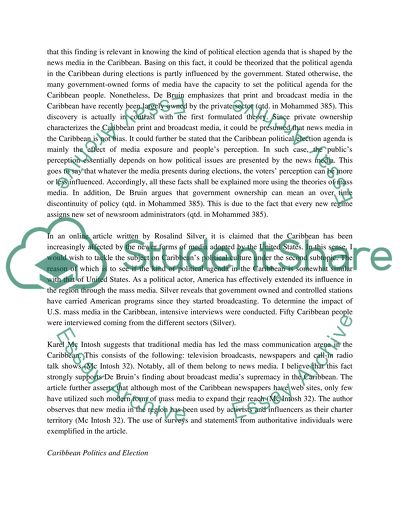Cite this document
(“The role of news media, if any, on dictating/setting the political Research Proposal”, n.d.)
Retrieved from https://studentshare.org/gender-sexual-studies/1406799-the-role-of-news-media-if-any-on-dictating-setting
Retrieved from https://studentshare.org/gender-sexual-studies/1406799-the-role-of-news-media-if-any-on-dictating-setting
(The Role of News Media, If Any, on dictating/Setting the Political Research Proposal)
https://studentshare.org/gender-sexual-studies/1406799-the-role-of-news-media-if-any-on-dictating-setting.
https://studentshare.org/gender-sexual-studies/1406799-the-role-of-news-media-if-any-on-dictating-setting.
“The Role of News Media, If Any, on dictating/Setting the Political Research Proposal”, n.d. https://studentshare.org/gender-sexual-studies/1406799-the-role-of-news-media-if-any-on-dictating-setting.


